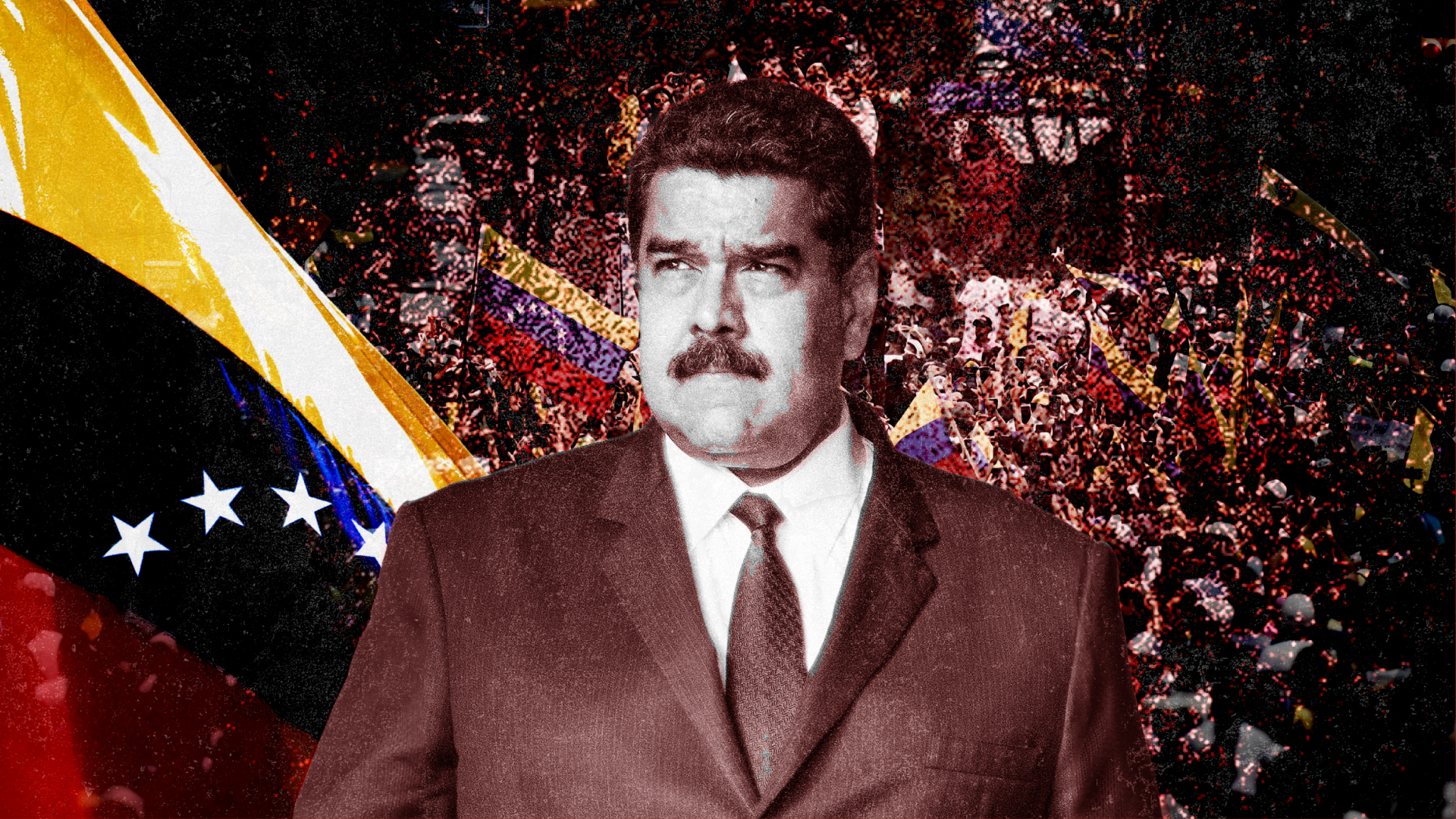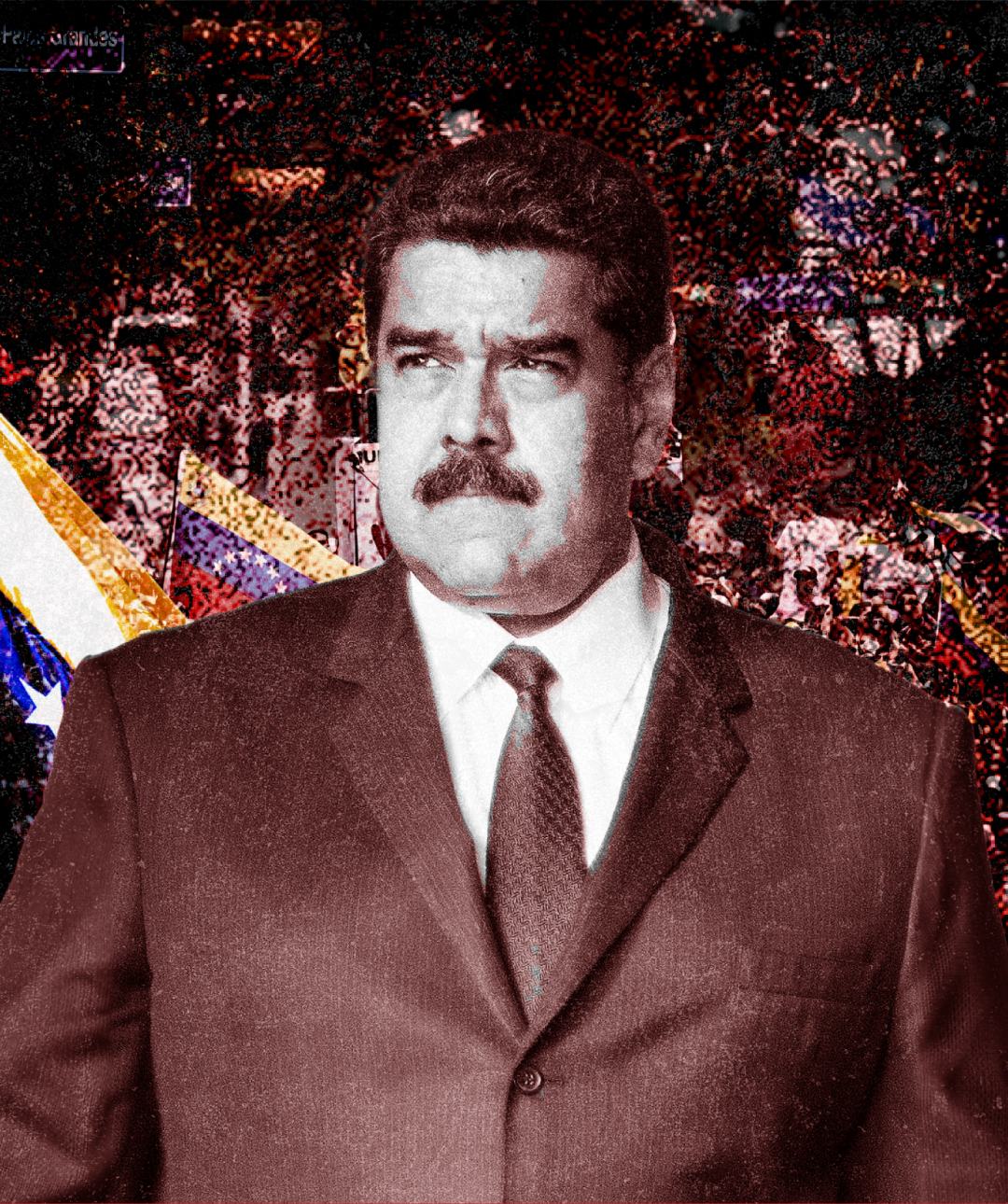

Introduction
Following Venezuela’s July 28 presidential election in which President Nicolás Maduro claimed victory over opposition candidate Edmundo González despite overwhelming data to the contrary — González received around 67% of the vote —thousands of Venezuelans have protested the results across the country. The results have been appalling: at least 24 deaths and more than 2,400 arrests, according to the Venezuelan government. To facilitate this crackdown on protesters, Maduro’s regime has expanded its repression into the digital realm, weaponizing technology and social media to identify and punish protestors and intimidate opponents and critics.
Digital Authoritarianism Post-Election
The Maduro regime’s use of technology to crackdown on dissenters has taken three main forms — encouraging Venezuelan citizens to identify and report protesters they recognize through popular applications, posting ominous propaganda to social media to incite fear, and blocking access to social media and other websites. These tactics are part of a larger strategy known as “Operación Tun Tun” or “Operation Knock Knock,” a repressive campaign that seeks to silence and punish protesters and critics of the government that has been characterized by widespread arbitrary detentions, denial of due process, and inhumane treatment of detainees. During an August rally, Maduro told his supporters that there will be “no forgiveness” and promised “maximum punishment” for those he accuses of trying to challenge his authority.
Operation Knock Knock has been far-reaching, largely due to the participation of everyday citizens. Much like how colectivos, pro-government paramilitary groups, monitor and police citizens on the ground, Maduro has recruited everyday Venezuelans to report individuals who participate in protests or critique the government. For example, the regime recently updated the application Venapp, which was originally developed to report power outages and medical emergencies, to create a page for sharing information on protesters. A similar channel was created on the popular communications app Telegram called “Hunting Guarimbas” to identify individuals in photos and videos from protests.
The government has also attempted to intimidate citizens by disseminating ominous propaganda posts on social media. Several videos uploaded by the General Directorate of Military Counterintelligence (DGCIM) show protesters being arrested with music from popular horror films playing in the background. One video uploaded to the DGCIM’s Instagram story shows a staffer of opposition leader Maria Corina Machado being detained with music from “A Nightmare on Elm Street.” The goal behind this campaign is to incite great fear — state terror — and high-ranking officials in the government and security forces continue to use their accounts to encourage Venezuelans to serve as informants against one another.
Lastly, Maduro has repeatedly restricted access to social media platforms and websites of organizations and news outlets that he views as a threat. Most recently, the president took aim at X, formerly Twitter, signing a resolution on Aug. 8 ordering a 10-day block of the platform after Elon Musk publicly criticized Maduro. That same week, NetBlocks confirmed that Venezuela had also blocked access to Signal, an encrypted messaging app. These blockages follow a larger pattern of information suppression that has persisted since before July 28. According to a Aug. 6 statement released by Freedom House, Venezuela blocked access to more than 60 media outlets throughout the election campaign. Such sustained efforts demonstrate the extent of digital repression in Venezuela as a means to silence dissent, sever lines of communication, and suppress reports about abuses.
How did we get here?
Operation Knock Knock’s tactics are nothing novel. In fact, Maduro has adopted and expanded many of the approaches taken by his predecessor Hugo Chavez and applied them to the digital realm. For example, Chavez frequently exercised his power to restrict the flow of information within Venezuela and stifle criticism, as he routinely shut down radio and television news programs that aired negative coverage of him. Additionally, Chavez used colectivos as a monitoring and enforcement presence in neighborhoods to intimidate communities and prevent grassroots uprisings. With the expansion of the Internet and social media’s influence, Maduro has applied these same principles to the online space. He has continuously blocked access to social media platforms, oppositional news, and civil society websites through official channels while relying on unofficial modes of popular participation to facilitate Operation Knock Knock on the ground.
The same methods that Maduro utilizes are being employed by authoritarian regimes around the globe. Throughout the world, authoritarian rulers are abusing their power over the Internet and social media to safeguard their regimes through online censorship, surveillance, and intimidation. This alarming trend of expanding digital authoritarianism is detailed in Freedom House’s annual Freedom on the Net report, which highlights the various ways in which authoritarian regimes use the Internet as a tool to maintain control.
Venezuela stands at a critical juncture, facing unprecedented levels of repression. Despite overwhelming odds, Venezuelans have organized, voted, and provided clear evidence of their electoral victory. While social media and technology have been crucial to this effort, the Maduro regime is intent on using its control over the state and digital sphere to block a democratic transition in January. External support is vital.
HRF’s Venezuela Solidarity Fund aids those working to restore democracy by providing tools for safe digital operations and support for political prisoners and their families. It is essential that international governments maintain pressure, refusing to legitimize Maduro’s election theft while recognizing Edmundo González Urrutia as president-elect. Lasting change will depend on ending Maduro’s rule, and Venezuelans need our support to make this happen.
Kristen McGuire is a Legal & Policy Volunteer at the Human Rights Foundation.
Hit enter to search or ESC to close